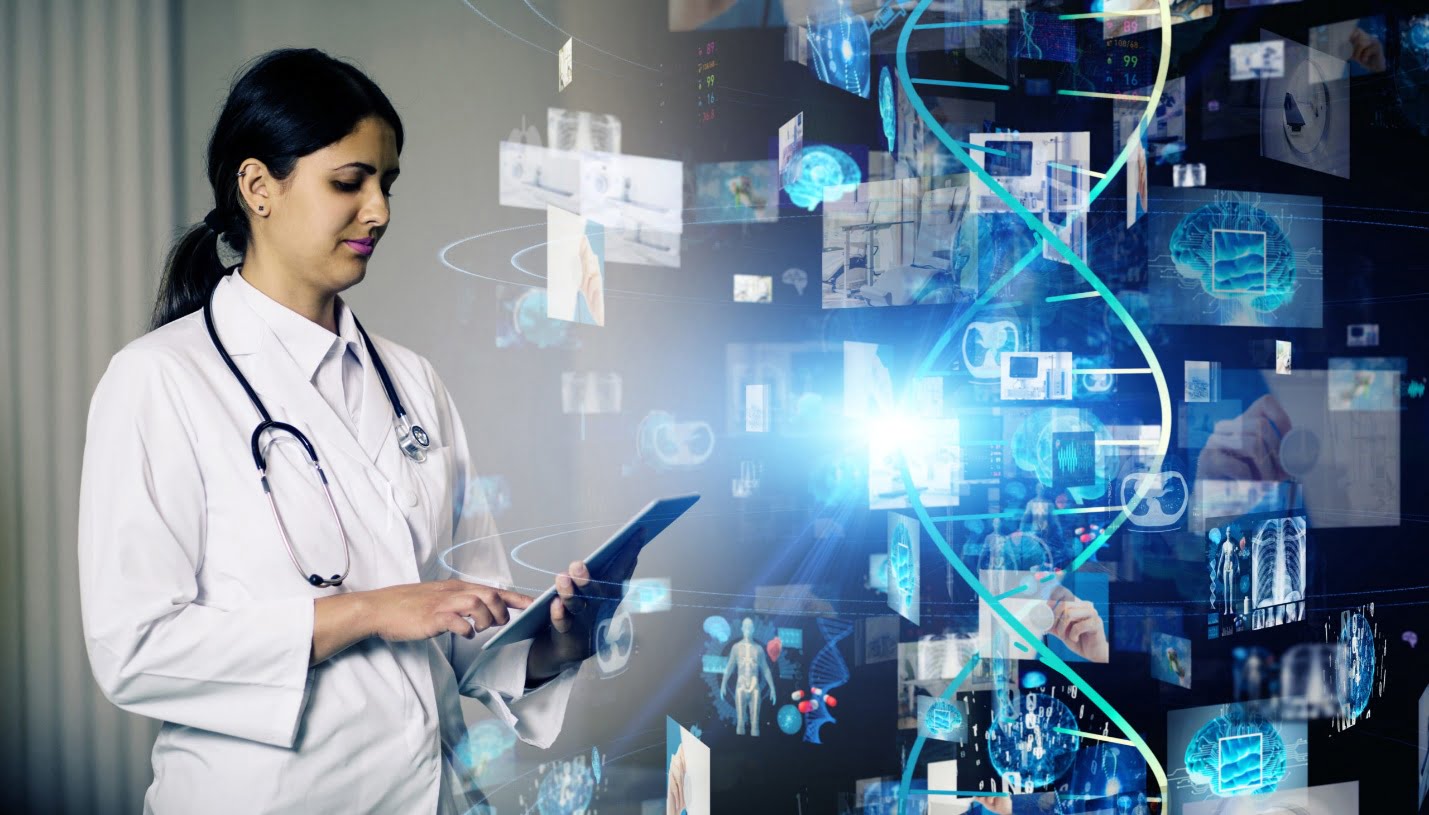We can see the applications of AI all around us. In other words, it is creating a significant impact on most industries. Business owners are impressed by the benefits that AI can throw on their way. For example, any business can improve efficiency, streamline operations, and reduce costs with AI. According to a report from McKinsey Global Institute, AI could contribute up to $13 trillion to the global economy by 2030.
While AI is impacting almost all industries, some sectors are seeing more rapid and substantial effect. Let’s take a look at few such industries affected by AI.
Insurance Industry
Insurance industry is experiencing widespread AI adoption. That’s mainly because of the key functions such as premium pricing, underwriting, and fraud detection. We can also see how most companies prefer to use AI for claim processing. It is one of the key benefits of AI as well.
Some of the leading insurance companies such as Progressive and State Farm are leading the AI revolution. If you wonder who uses AI the most, you need to take a look at them. They leverage big data, predictive analysis, and deep learning algorithms to price their policies. In fact, they are capable of taking granular risk factors into consideration. This helps such insurance companies to offer hyper-personalized quotes to the customers. Along with that, they can also improve loss ratios.
With the help of AI, insurance companies are moving from reactive claim settlement to proactive risk prevention. Real-time data monitoring assists them to mitigate risks and identify patterns. They can also identify red flags and equipment anomalies before an actual loss event.
Some of the Insurtech startups such as Bright Health and Lemonade are using AI models to expedite policy purchases. They also streamline the claims processing pipeline to deliver a superior customer service.
Healthcare Industry

We can also see numerous applications of AI in the healthcare industry. For example, healthcare researchers are using AI for disease identification and drug discovery. It also helps them with precision medicine. On top of everything, AI helps healthcare practitioners and researchers to get the most out of available medical records.
One of the most impressive AI-based applications of AI that you can see in healthcare industry is medical image analysis. This technology helps CT scans to identify life-threatening health conditions with a high level of accuracy. Moreover, it can reduce the time taken for diagnosis. Similarly, NLP algorithms are studying genetic records, patient history, and even academic medical literature to develop advanced technologies. Hence, healthcare is one of the best industries impacted by AI.
Apart from research, AI has impacted healthcare applications as well. For example, telehealth services powered by AI offer continuous remote patient monitoring. It reduces the need for hospital visits and readmissions. On the other hand, wearable devices track important metrics to send alerts if a condition needs intervention.
Edge computing devices allow real-time analytics and response. AI also assists surgeons in planning complex operations by analyzing anatomy scans and providing custom 3D modeling support.
Manufacturing Industry

Manufacturing industry is also identified as one of the most prominent industries affected by AI. That’s mainly due to the availability of a large amount of structured data. In fact, structured data records from decades are available. These records are taken from sensors, meters, and historians installed on factory equipment.
Some of the most popular use cases of AI that we can see in manufacturing industry are predictive maintenance and process optimization. Likewise, we can also find machine vision solutions powered by AI. They ensure product quality via inspection. In the meantime, this technology is increasing the yield rates as well. With the implementation of such technologies, manufacturers are capable of saving a considerable amount of money.
Intelligent algorithms are helping manufacturers to adjust production inputs dynamically. As a result, they are capable of manufacturing products based on market demands. This will eventually help the manufacturers to minimize overproduction. Moreover, AI simulation tools are capable of creating digital twins of the entire manufacturing plant. It will help the manufacturing plants to experiment with the results of equipment changes or process variations.
Education Sector

The applications of AI offer more personalized and engaging learning experiences to students. Moreover, it supports result-oriented education delivery as well. This method of teaching is more effective than traditional classroom lectures.
One perfect example for this is the Personalized Tutor app by Carnegie Larning. It can act as an AI study companion for each student. This companion will continuously analyze the aptitude, pace, and performance of students. As a result, it is capable of offering customized recommendations to ensure effective learning. For example, it can change content format, duration, and even scope to match the needs of a student. Such AI tutoring drives better engagement along with outcomes.
The applications of AI are not just limited to classrooms. We can also see how it is transforming workplace training. In fact, corporate Learning and Development teams are able to provide better training experiences to corporates as of now. Hence, you should never ignore them when considering who uses AI the most. Some of the AI-based approaches that corporate trainers use include curated content sequencing and continuous skill gap analysis. They are also capable of auto-recommending courses to help employees acquire skills needed for their work.
For instance, IBM’s Watson Candidate Assistant vets potential new hires to automatically source best matches. This is done by gauging skills, cultural fit, and future performance based on internal roles benchmarking. It can also offer custom on-boarding recommendations post recruitment. Thus, AI has emerged as a strategic advantage for enterprises enabling them to win the modern talent war. Companies can do it through payroll savings, better learning agility and by connecting people to purpose.
Security industry
Among industries affected by AI, security industry is holding a prominent place as well. For example, we can see the application of technologies such as face recognized for authorized access control. It is a technology that most business premises use. They include government establishments, airports, and many other commercial buildings. This AI-powered technology is less prone to fraud when compared to badging. Moreover, it enables frictionless movement for people.
Another common application we can see is intelligent video analytics platforms. They can analyze multiple surveillance feeds using pattern recognition. The deep learning algorithms are adept at acquiring new instances after continuous training. This allows proactive identification of suspicious behavior and trespassing. Hence, security professionals are capable of mitigating such instances without continuous manual monitoring.
Cybersecurity platforms are using AI as well. They use machine learning algorithms and ontological modeling to digitalize documents across networks. It enables effective detection of financial crime, data theft, and malicious activity. Such technologies are capable of preventing the threats from spreading through systems.
Final Words
These are 5 of the most prominent industries affected by AI. In general, Artificial Intelligence is transforming many different industry functions out there. They range from customer experience to supply chain operations and many more. However, it is important for the businesses to evaluate their data frameworks and understand how to get the most out of data. A well-considered AI approach will be able to help businesses accelerate revenue and reduce risks. It can also help them enhance innovation along with overall productivity.



